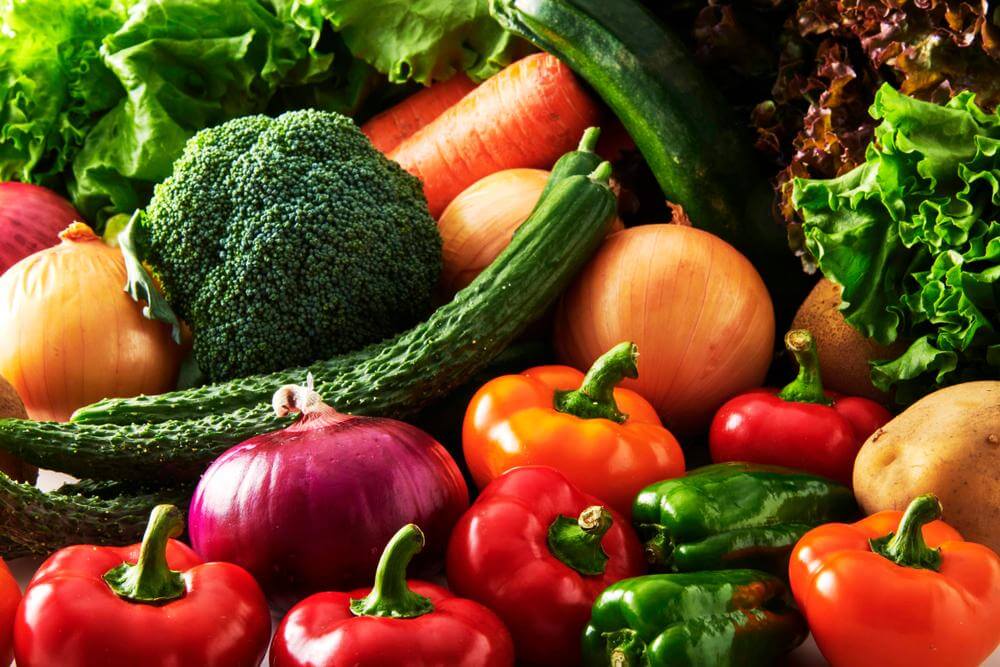Food Lies At The Core Of A Healthy, Sustainable Society

The fundamental role of food is to provide nutrition for the body but it is much more than that. Food lies at the heart of our health and the health of our environment.
Food affects international relations in the form of trade in an increasingly global market. It involves breeders, farmers, the supply chain and transportation, food safety, manufacturers, scientists, researchers, sales and marketing, graphic designers, engineers, nutritionists, and celebrities, to name a few.
Environmental sustainability directly impacts food supply and, in turn, food production directly affects the health of our natural environment.
A growing understanding
Having trained as a plant biotechnologist focusing on plant allergen proteins, I first thought of food outside of eating when I started cross-disciplinary work between plant and medical research.
Hayfever from inhaling certain types of pollen and allergies caused by eating certain foods have much more in common than most of us realize.
Teaching and researching ways in which biotechnology can decrease allergen content while increasing the nutritional composition of plant foods led me to think about how food is inter-related to all aspects of human and environmental health.
My work helped me garner an integrated understanding of food systems, diet and nutrition, and the environment and public health while recognizing the influence of ecosystem, population, and social equity challenges.
Over time, it became apparent that nutrition is a tool for creating a healthy and sustainable society. It has a practical application that can cause an immediate change in health and mindset.
Rethinking food
At the individual level, a change in food choice directly impacts on health. But, at the population level, a change in food choice can alter the food supply, force legislative change, initiate new product formulations or reformulations, and transform a society’s health status.
But food can also lead to morbidity and aid death. This can be instant in the form of food poisoning or a severe anaphylactic reaction to the ingestion of allergenic foods. Or it can be prolonged in the form of a chronic health condition brought on by over-consumption, or under-consumption.

We can learn from the past and our current state of health to change the future, spread a positive message, and improve the health and sustainability of the planet as a whole.
In the long term, environmental degradation will eventually contribute to widespread death – of the landscape, soil, plants, and animals – resulting ultimately in a threat to the survival of humanity.
With an increasing population, it is important that we start to not just think about the need to feed an increasing population, but actively address challenges such as public distrust of foods enhanced through genetic modification, biofuels, social justice, and the economics of getting ill.
An eye on sustainability
There are now more gyms and diets for losing weight than ever before, but Australia as a nation, alongside pretty much all others on this planet, is gaining weight. Overweight and obesity case are increasing yet our obsession with losing weight is at a peak.
We can no longer hide from the shocking statistics that around 50% of adult males and 33% of adult females in Australia are overweight or obese and the health implications this has on individuals, families, societies, and the nation.
In addition to the above challenges, we’re also suffering from increasing rates of food allergies and intolerances. And if this isn’t enough, it appears that the next generation has taste buds acutely tuned in to the taste of high-salt, high-fat, and high-sugar convenience foods.
How will we get children to love fresh produce, vegetables, and fruit that are minimally processed?
All of these factors need to be addressed simultaneously in order to resolve the challenges that lie ahead. Education is an integral part of this process. So are messages with the impact that engage people because they understand and can relate to them.
We all need food; we can’t survive without it. The future of sustainable humanity starts and ends with it.





